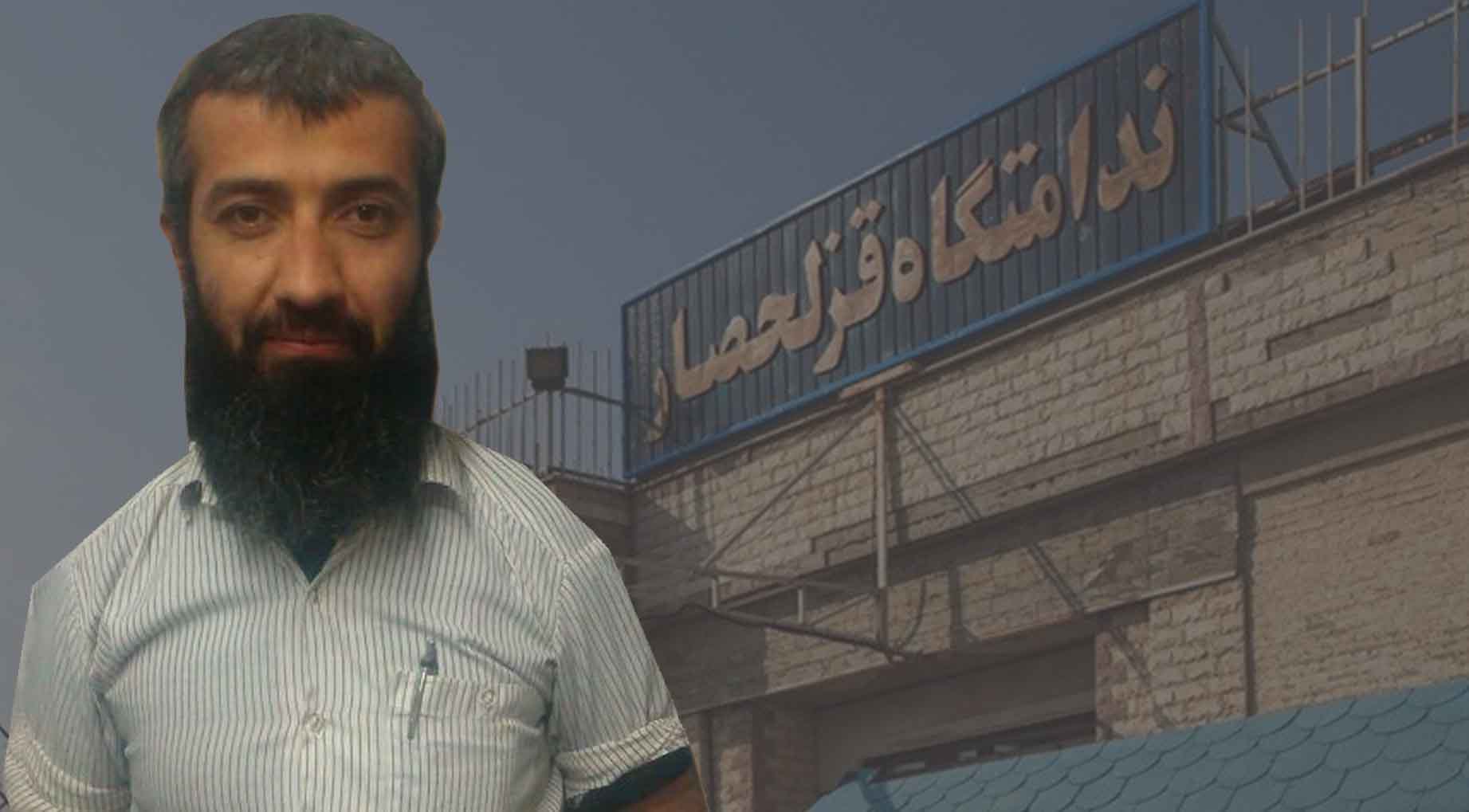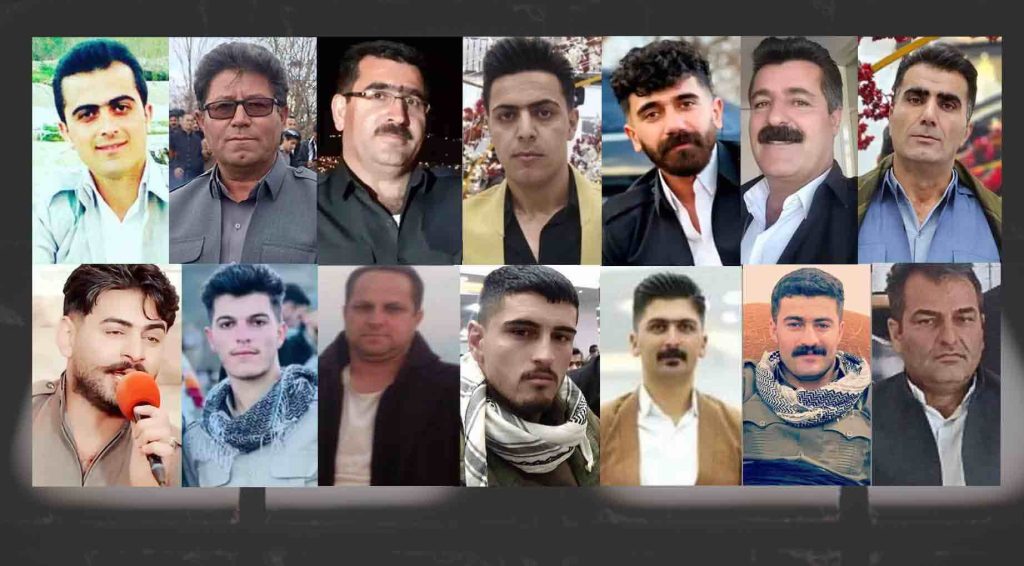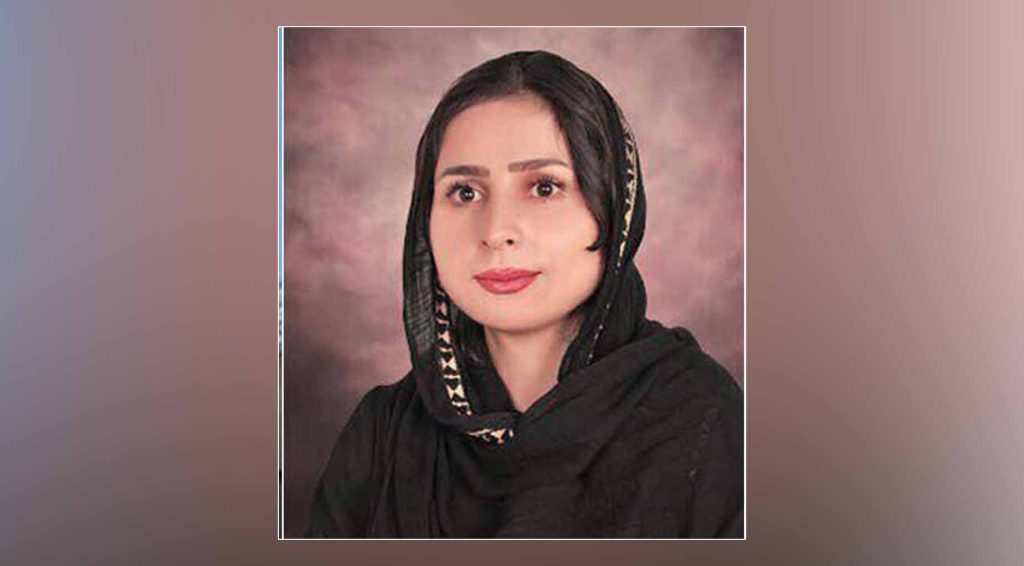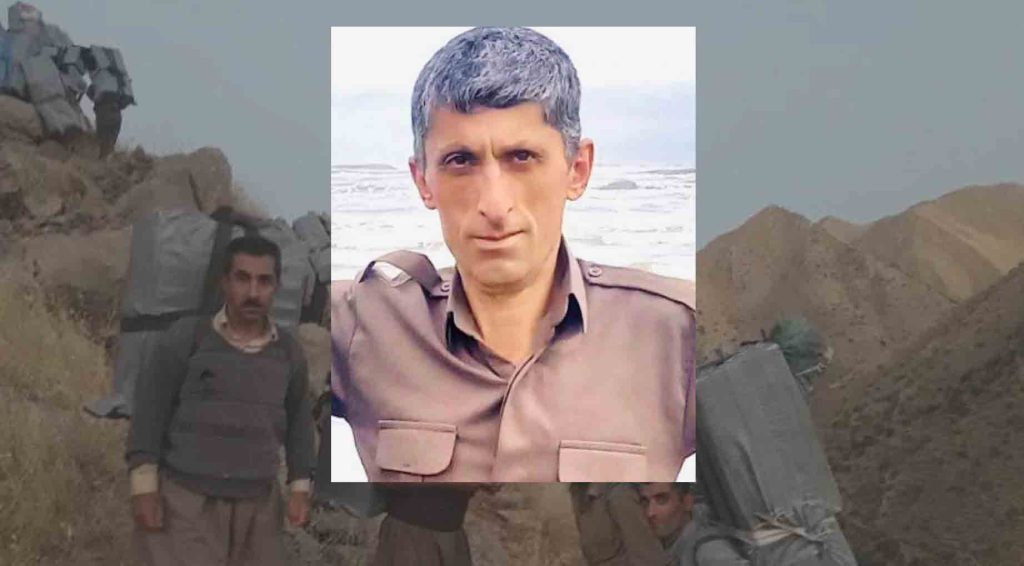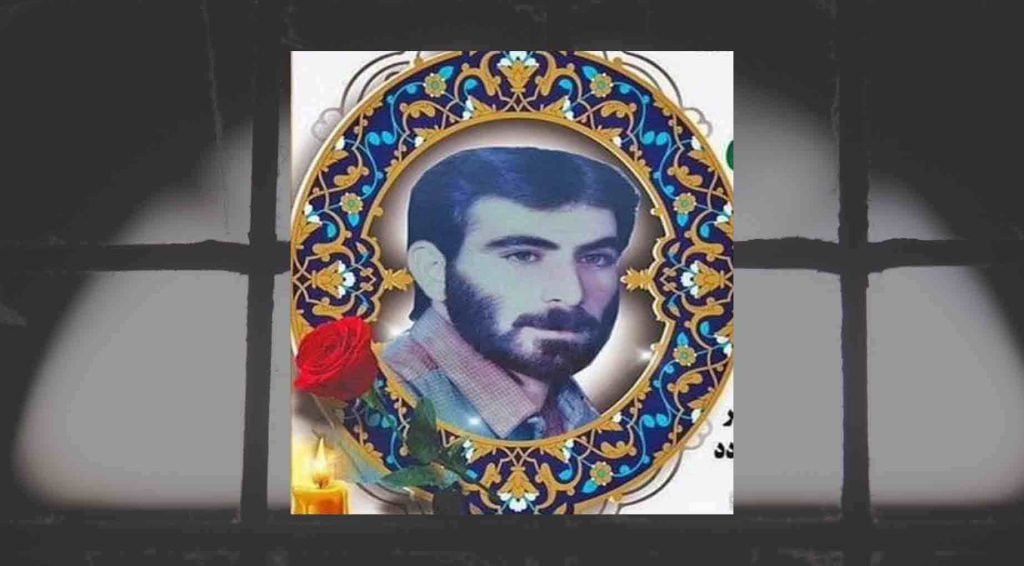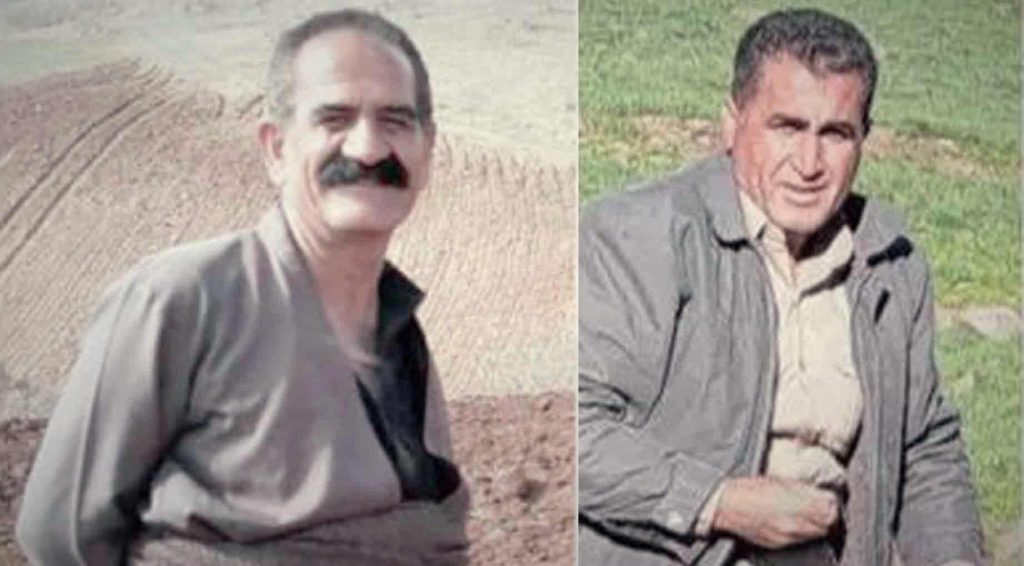Kurdish prisoner of conscience Ayoub Karimi was executed today after 14 years in Ghezel Hesar Prison in Karaj, Alborz Province.
On 21 November, Karimi was transferred to solitary confinement for execution.
Karimi, along with six others – Anvar Khezri, Kamran Sheikheh, Khosrow Besharat, Davoud Abdollahi, Farhad Salimi and Ghassem Abasteh – had been sentenced to death on charges of “spreading corruption on earth” (efsad-e fel arz).
Abasteh, one of Karimi’s co-defendants, was executed in the same prison on 5 November.
The execution of Karimi and Abasteh raises concerns for the remaining five prisoners who have also been sentenced to death in connection with the same case.
The Kurdistan Human Rights Network (KHRN) has learned that prison authorities had contacted Karimi’s family on 28 November, urging them to visit the facility.
Following their visit, it was revealed that the prisoner’s death sentence would be carried out within hours and his body would be handed over to his family.
After Karimi’s execution this morning, his mother was allowed a brief moment to see his shrouded body.
Security forces then transferred Karimi’s body to an ambulance bound for Mahabad, West Azerbaijan Province, to be buried in a restricted funeral ceremony attended by security personnel.
Karimi and his six co-defendants were arrested by security forces between December 2009 and January 2010 in Saqqez, Kurdistan Province, and Mahabad, West Azerbaijan Province.
Subsequently, they were taken to the Ministry of Intelligence detention centre in Orumiyeh, West Azerbaijan Province, where they were subjected to both physical and psychological torture for several months to extract forced “confessions”.
After the interrogation phase in Orumiyeh, the seven prisoners of conscience were moved to Evin Prison in Tehran, where they endured six months of solitary confinement and further questioning in Wards 240 and 209.
They were later transferred to Rajai Shahr Prison in Karaj on 20 March 2012.
In March 2016, the trial of these seven prisoners on charges such as “acting against national security”, “propaganda against the state”, “membership in Salafi groups”, and “spreading corruption on earth” was held in Branch 28 of the Islamic Revolutionary Court in Tehran, presided over by Judge Moghiseh.
On 25 May 2016, they were officially informed of the death sentence. After the lawyer objected to the issued verdict, the case was referred to the Supreme Court. In Early 2017, this verdict was overturned.
After the referral of this case to Branch 15 of the Islamic Revolutionary Court in Tehran, presided over by Judge Salavati, in June 2018, these seven prisoners were again sentenced to death on charges of “spreading corruption on earth.”
Following the lawyer’s objection to the issued verdict, the case was referred to Branch 41 of the Supreme Court, and in February 2020, this verdict was upheld.
In July 2019, Anvar Khezri, Kamran Sheikheh and Khosrow Besharat were tried in a separate case by the Orumiyeh Court of Appeals on charges of “premeditated murder” of a Sunni clergyman named Abdolrahim Tina.
According to the issued verdicts communicated to these prisoners in July 2020, Khezri and Besharat were sentenced to 10 years in prison each on charges of “participation in murder”, while Sheikheh was sentenced to death for “premeditated murder.”
In August of the current year, the seven prisoners were transferred to Ghezel Hesar Prison after the closure and evacuation of Rajai Shahr Prison in Karaj.

